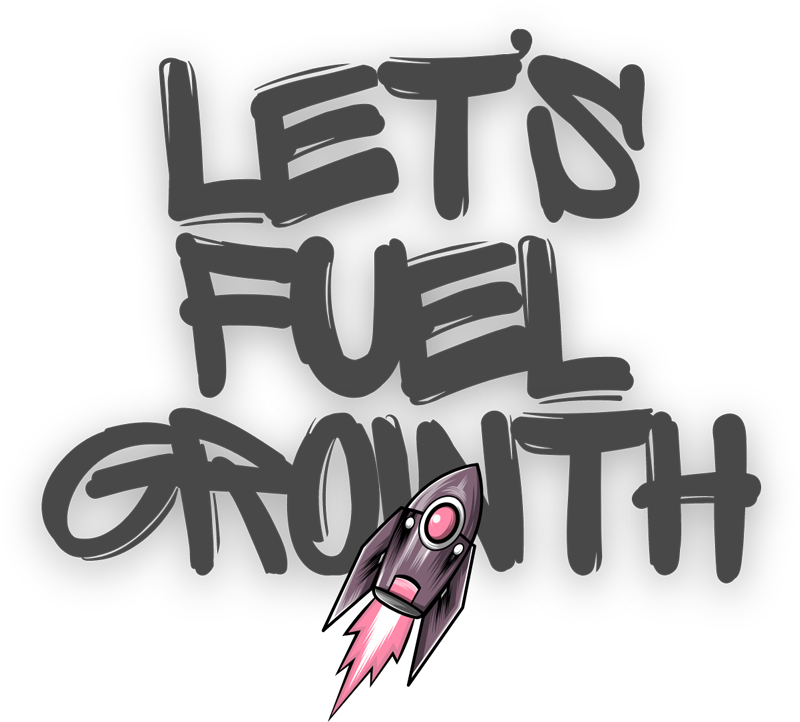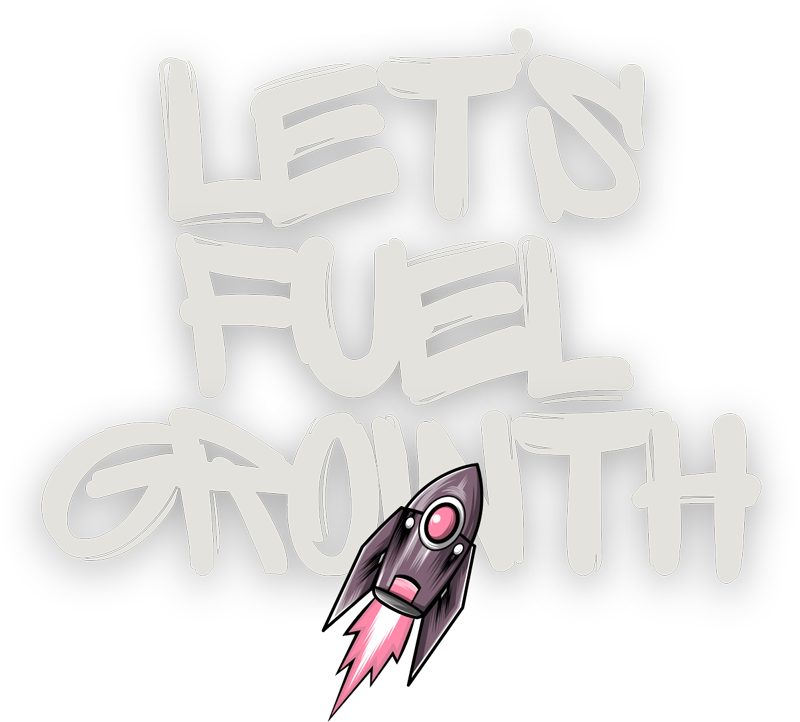
How Do Support Networks Help Recovery Communities
The road to recovery is not one to be taken alone. Support systems may be the lifeline that transforms hardship into achievement for those struggling with addiction or mental health issues. We at Let’s Fuel development think that community can change things, and the first step in doing so is creating recovery networks that support development, healing, and connection.
Why Support Networks Matter
In addition to providing encouragement, a solid support network fosters structure, accountability, and a sense of belonging. This can make the difference between resilience and relapse for those in recovery.
A recovery network has the following advantages:
- Support on an emotional level in trying circumstances.
- Accountability among peers that supports sobriety objectives.
- Possibilities for leadership and skill development.
- Access to useful resources such as housing, work, and healthcare.
What Makes a Recovery Network Effective?
Not every support system is made equally. The best networks for recovery are:
- Inclusive and stigma-free: Accepting individuals from all walks of life without passing judgment
- Community-based: Based on common areas such as neighbourhood centers, places of worship, or gatherings
- Peer-driven: Guided or assisted by those who have direct knowledge of the trip
- Sustainable: Constructed with continuous programming and dependable assistance
Building a Recovery Network: Where to Start
Whether you’re someone in recovery or a community advocate, you can take steps to strengthen the support systems around you:
Join or start a peer support group:
Look for community-led recovery meetings or consider organizing one. Programs like SMART Recovery and 12-Step groups are excellent starting points.
Engage in community events:
Events focused on wellness, storytelling, or life skills foster connection and reduce isolation—two key barriers to long-term recovery.
Collaborate with local organizations:
Team up with nonprofits, schools, or faith groups that align with your mission. Shared resources make for stronger networks.
Educate and advocate:
Combat stigma by sharing stories, hosting panels, or simply having open conversations about addiction and mental health.
How Let’s Fuel Growth Helps Build Recovery Communities
We understand the challenges our communities face—and we’re committed to being part of the solution.
Here’s how we support recovery through connection:
- Community Events: From life skills workshops to wellness fairs, our events promote growth, connection, and empowerment.
- Educational Resources: We offer leadership lessons and tools to help individuals reclaim control of their lives.
- Support Circles: Our peer-led groups provide a safe space to heal, share, and grow together.
- Advocacy Campaigns: We give our supporters a platform to raise awareness and break the stigma of addiction.
Final Thoughts
Recovery is not just personal—it’s communal. By building and nurturing support networks, we create spaces where healing thrives and individuals find their strength. If you’re ready to be part of that change, we’re here to fuel your growth.
Join us in building a stronger, more supportive recovery community. Visit letsfuelgrowth.org to get involved.


Leave a Reply
You must be logged in to post a comment.